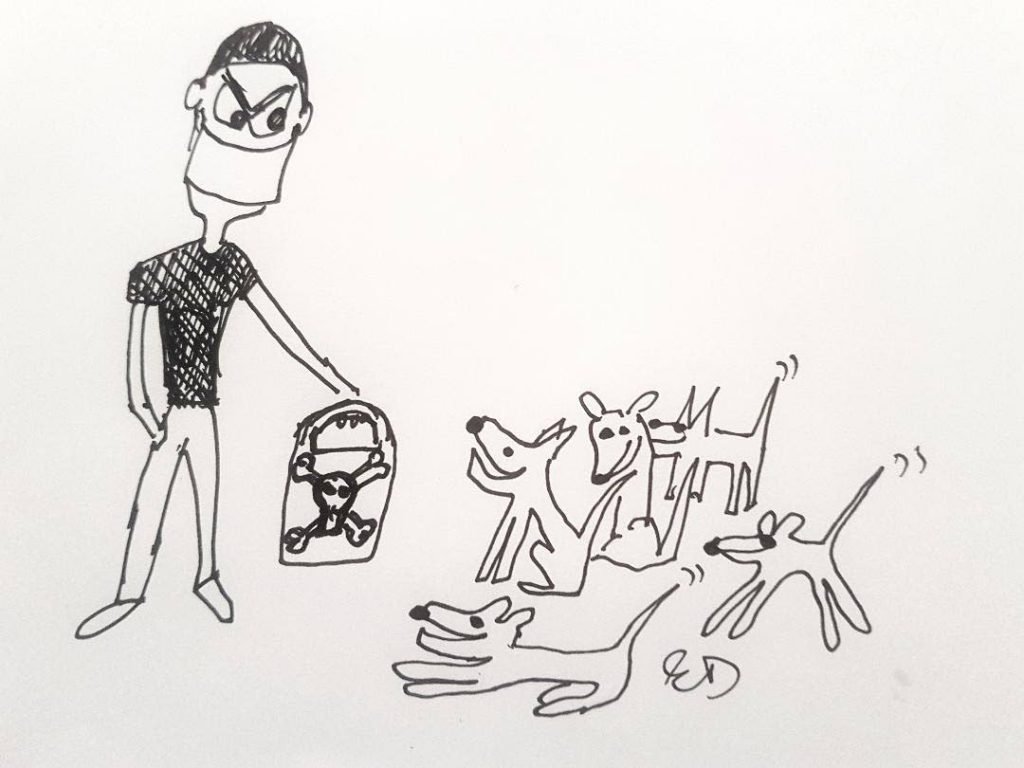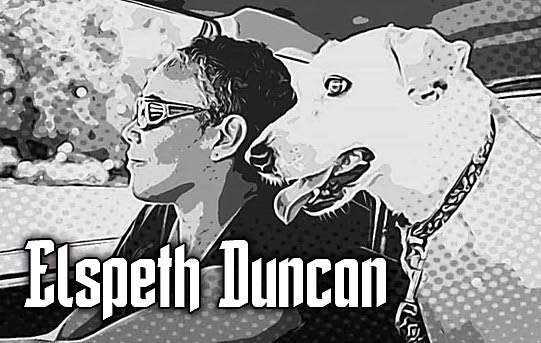Letter to Tobago's decision-makers

To Whom It May Concern
On April 20, someone poisoned five beach dogs that had possibly been dumped over time on the Tobago beach fondly known as "Rockley."
Other than occasionally barking at cars, those friendly dogs were a threat to no one. Locals and vacationing Trinis would visit that beach to feed and play with the dogs; friends and I fed them daily with intentions of removing them, getting them spayed and securing loving homes for them.
The morning they were poisoned, we were due to take two to the Tobago Animal Hospital to be spayed, prior to homing them. Three of the dogs died; two remained alive (one after fighting for life on drips for hours).
Poisoning of dogs/cats is disturbingly common in Tobago. Not only is torturing animals a criminal offence, but exposed poison also poses a danger to other animals and human beings. Many people take their children to play and picnic at Rockley. What if a small child picks up something containing remnants of poison and puts it in his/her mouth?
Tobago wants and needs to attract more tourists to the island, but big airport terminals and expensive "I Love..." and "Welcome to..." signs are not the answer.
Most tourists I have met here over the years have been huge animal-lovers. Many connected with me when seeking help for suffering animals encountered during their stay. Despite their appreciation of the island’s beauty, some visitors expressed little or no desire to return because of the ways in which they had seen animals treated. It goes without saying that greater attention must be paid to animal welfare through funding, education, sterilisation programmes and inclusion in marketing of the island as a tourist destination.
With regular islandwide free or low cost (subsidised) spay/neuter programmes (for cats and dogs) carried out in association with co-operating vets and the island’s few animal/environment-related NGOs, Tobago’s stray dog and cat population can be reduced to manageable numbers within three-five years.
This should be accompanied by education on the value of sterilisation. Many people do not know what spaying/neutering is or (even if they do) do not believe in it, claiming that God says it is wrong.

Does God also think that poisoning dogs is wrong?
When the local dog/cat population is reduced and people start taking proper care of their animals instead of dumping them or leaving them to stray and attack farmers' livestock, etc, we will likely also see a reduction in vengeful poisoning and chopping.
Place limits on who can purchase poison. Take records of those who purchase. Make it easier for abusers of the product to be traced.
Even if the "authorities" have little interest in poisoned animals ("It's just a dog/cat"), then at least they must acknowledge that humans can also be endangered. Small children, for example, may mistakenly play with Daddy's poison at home. Most children emulate their elders. The child who sees Daddy laying poison for dogs and cats is likely to grow up thinking it is okay to poison other living beings and get away with it.
Even though we knew the police would do nothing (especially as we did not witness the perpetrator in action) we still reported the poisoning of the five dogs and insisted upon receiving a citizens' report receipt. The police need to be made aware of crimes committed against animals and to know that we citizens expect serious action in this regard.
I, and others (local and foreign) who value the lives of all living beings would appreciate it greatly if Tobago’s major "houses" (Tobago House of Assembly and media houses) could place more emphasis on animal-related education and welfare programmes and regular media reports on crimes committed against them.
When crimes against animals are taken seriously and treated accordingly as chargeable offences, people will learn that X or Y is not "the cultural norm" (X or Y being poisoning, chopping, dumping, neglecting animals, etc).
The accepted culture of cruelty to animals must be urgently addressed. Ample research shows that there is an established link between cruelty to animals and violence toward humans. With the increase in violence in Trinidad and Tobago, our nation cannot continue to overlook these studies.
Along with all who agree with what I have expressed in this letter, I look forward to your swift attention to and actions taken toward addressing these matters.
Sincerely,
Elspeth Duncan
(Founder/president of Tobago-based animal rescue/welfare NGO Venus Doggess Of Love)


Comments
"Letter to Tobago’s decision-makers"